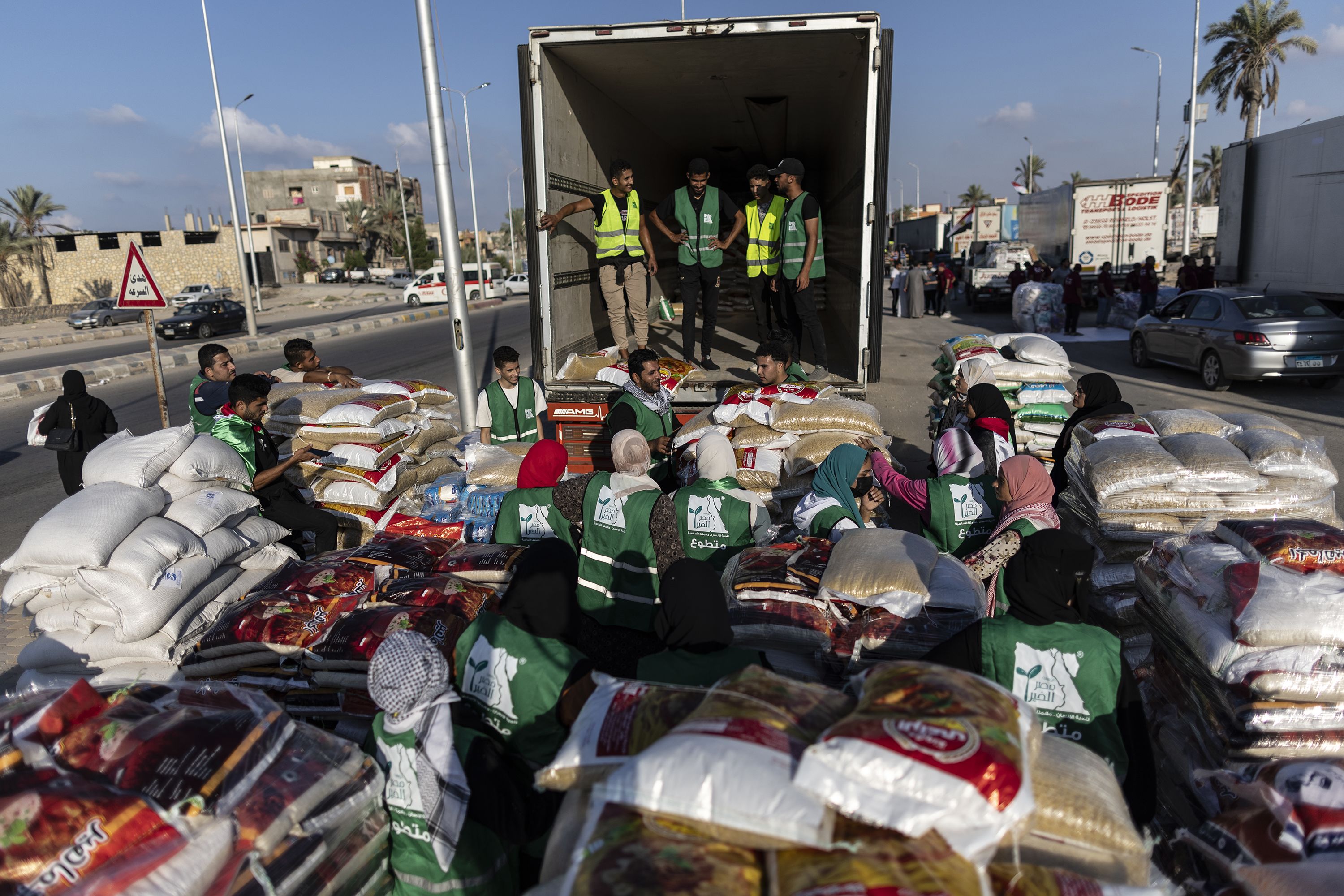US President Joe Biden spoke with Israeli Prime Minister Benjamin Netanyahu Sunday morning and “reaffirmed” his stance the Israel Defense Forces should not proceed with the military operation in the southern Gaza city of Rafah “without a credible and executable plan” to ensure the safety of civilians.
Biden also stressed the need capitalize on the progress in the negotiations to secure the release of the remaining hostages.
Some context: Netanyahu has directed the country’s military to plan for the “evacuation of the population” from Rafah, his office said in a statement on Friday, ahead of an anticipated ground assault on the southern Gaza city.
Many of the hundreds of thousands of Palestinians living in tent camps in Rafah have already been displaced from elsewhere in the enclave and say they have nowhere to go.
The plan has sparked concern from many countries, including Saudi Arabia and the United Kingdom. Saudi Arabia's foreign ministry warned of "very serious repercussions of storming and targeting" the city while the United Arab Emirates warned Israel's plan “threatens to cause the loss of more innocent life and exacerbate the humanitarian catastrophe in the Gaza Strip.”
The key facilitator of negotiations between Israel and Hamas, Qatar has also condemned the plans, and the Egyptian foreign ministry said Sunday that it strongly rejects Israel's plan, warning of "dire consequences."
Hamas has warned that if the offensive into Rafah takes place, it would spell the end of hostage negotiations.
